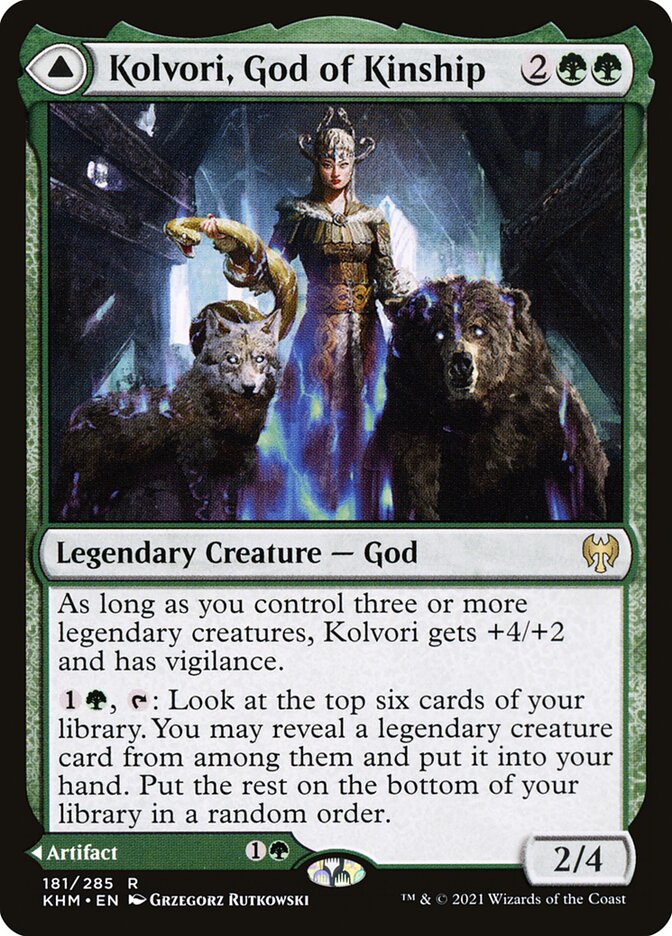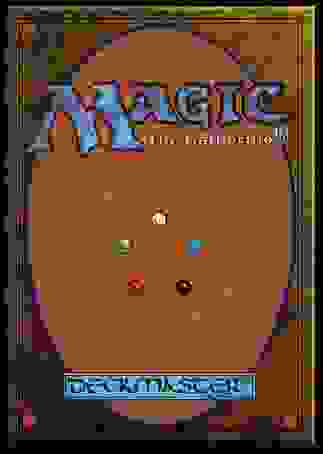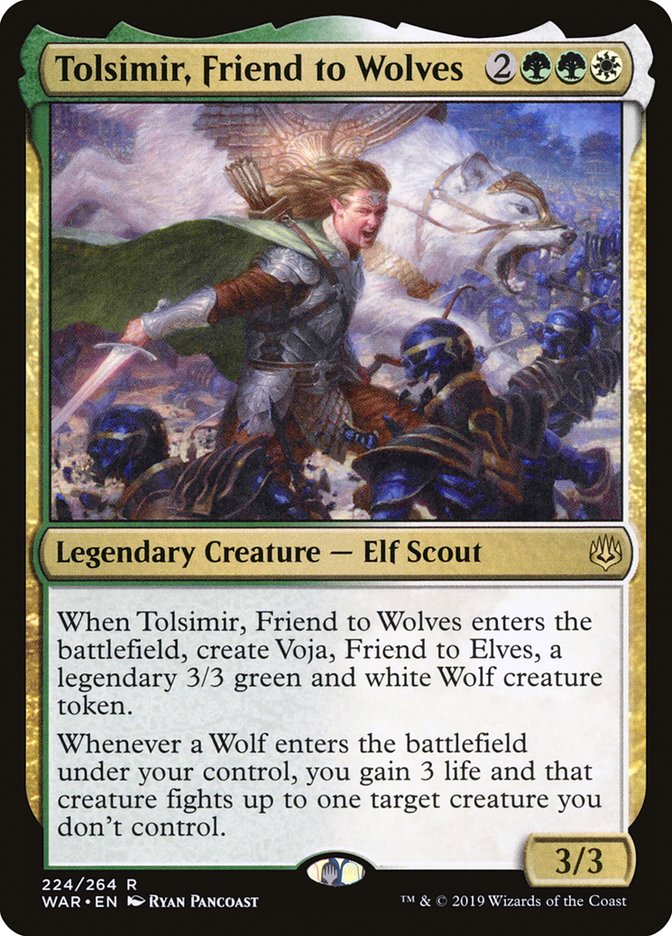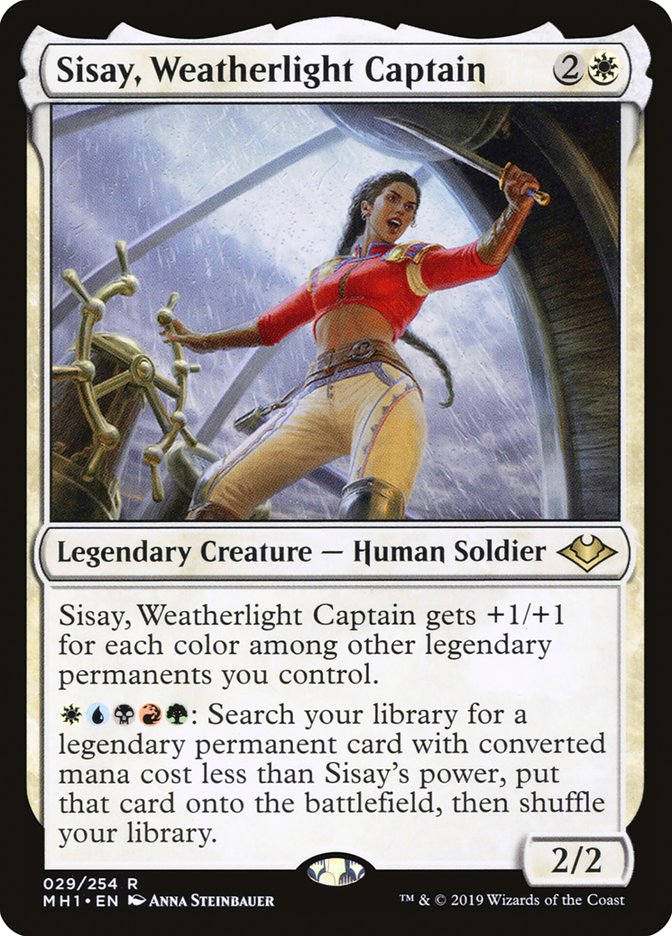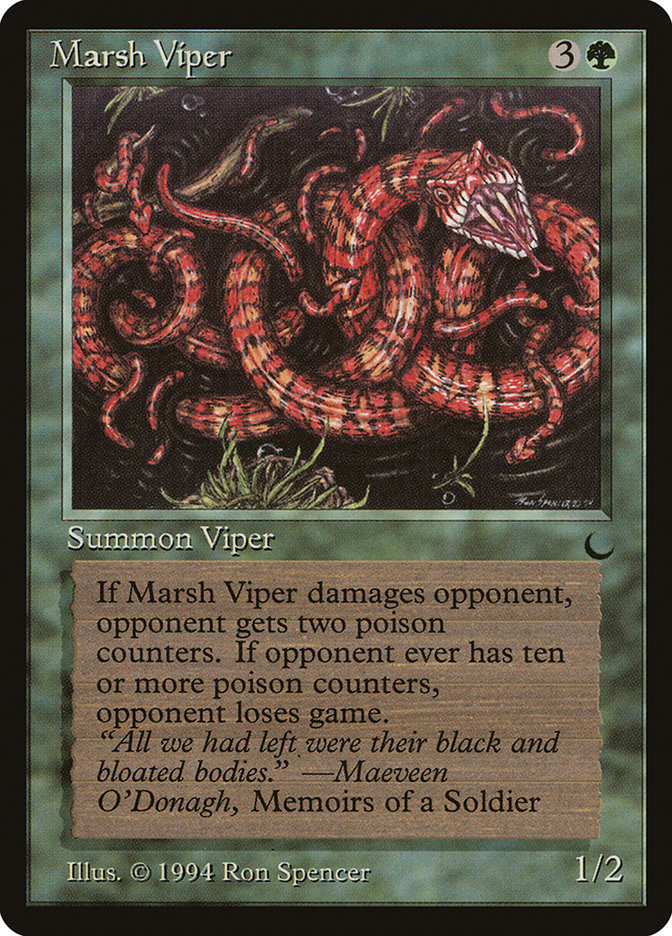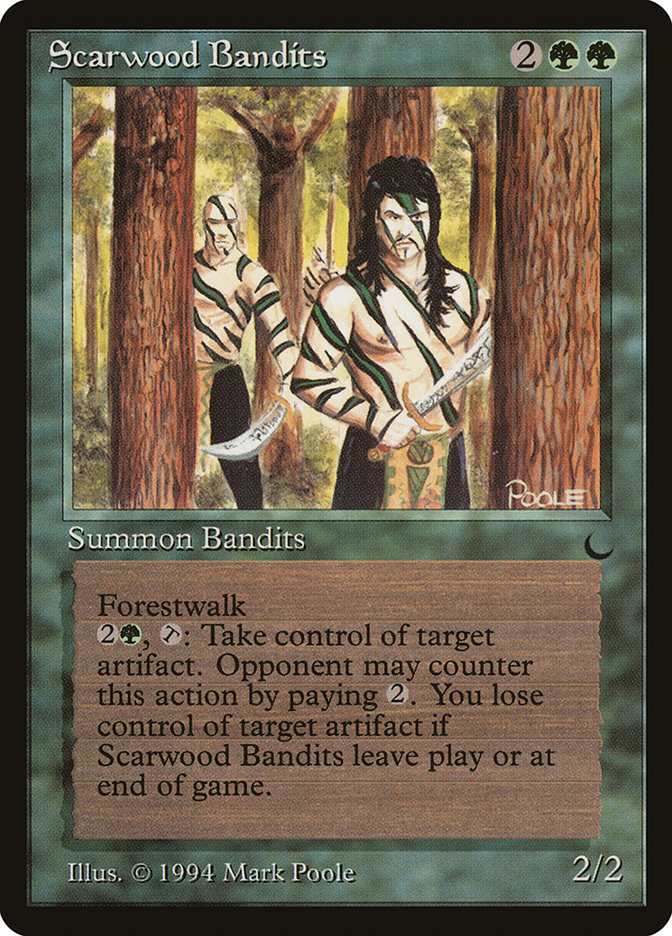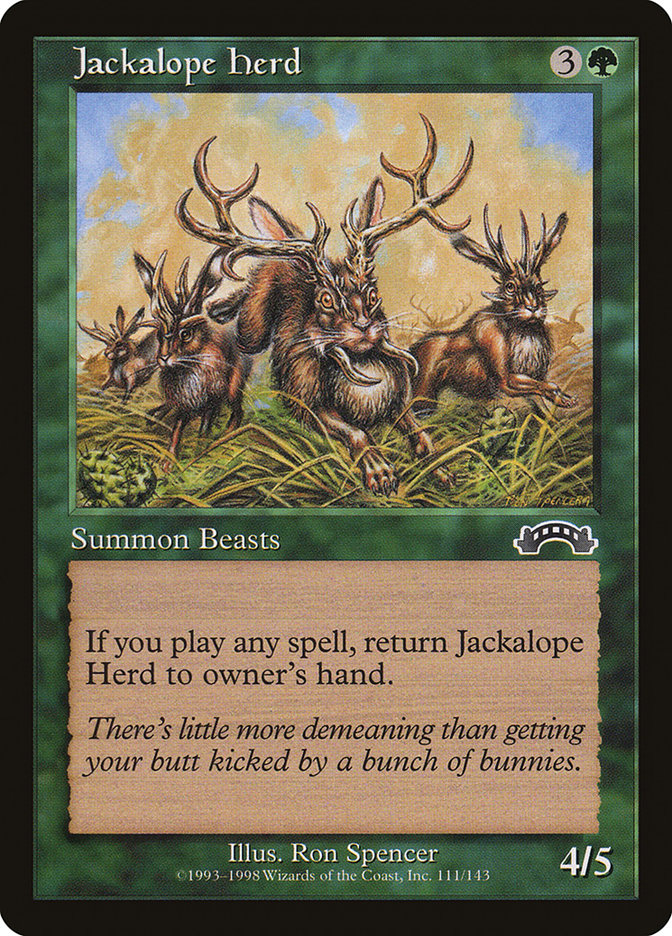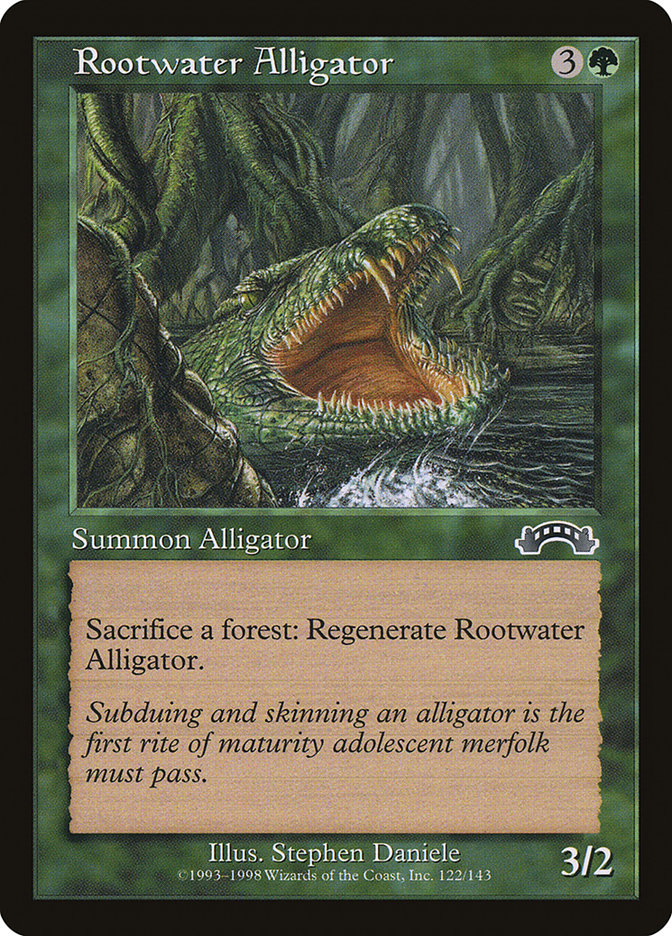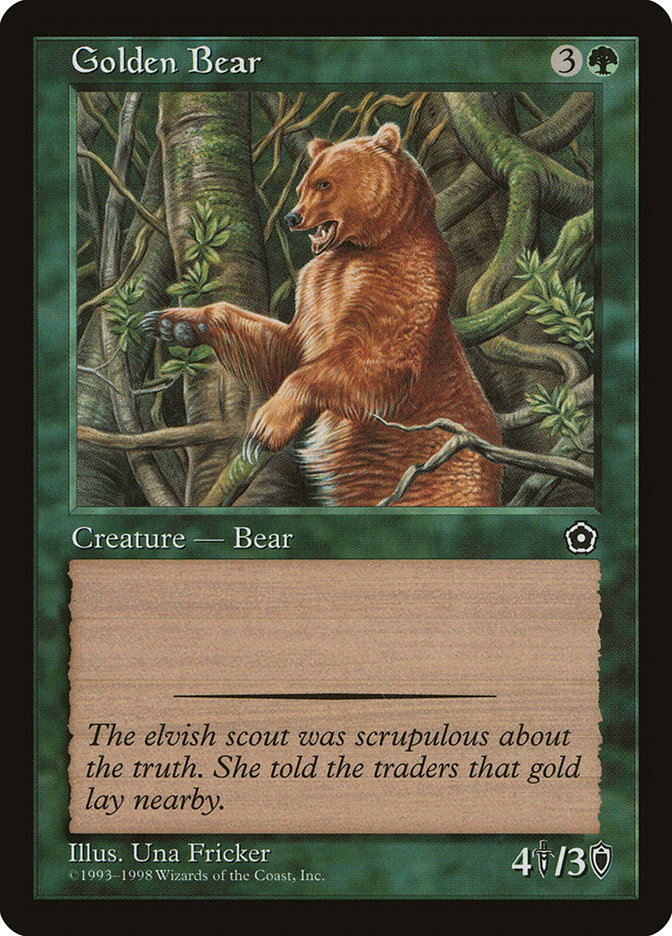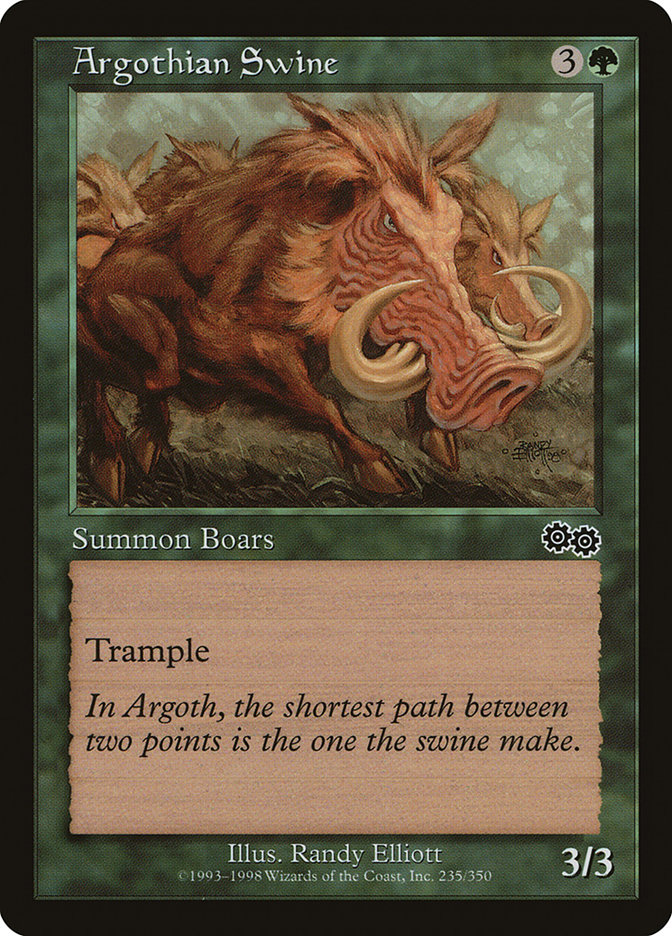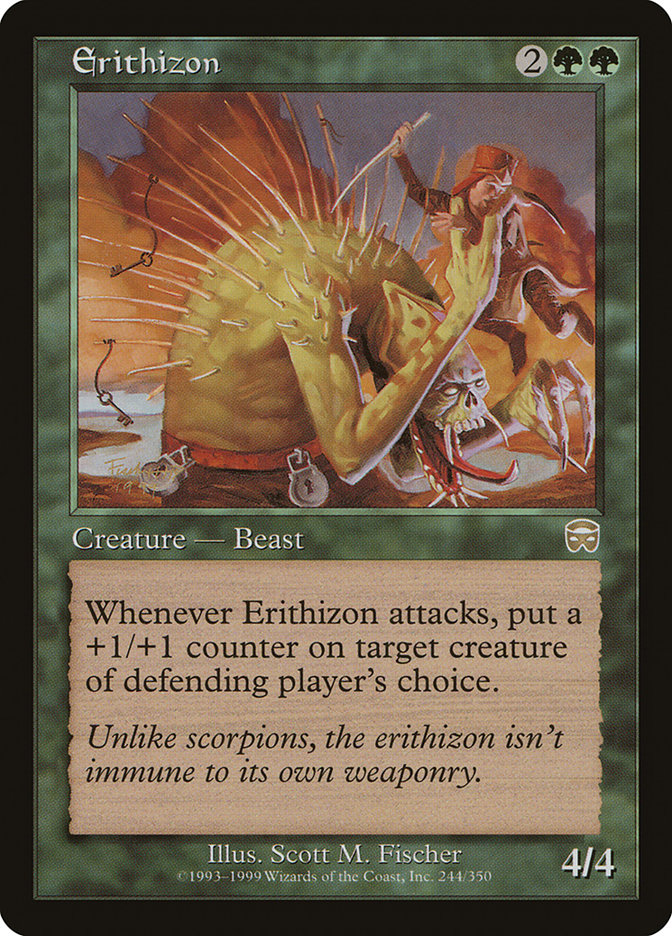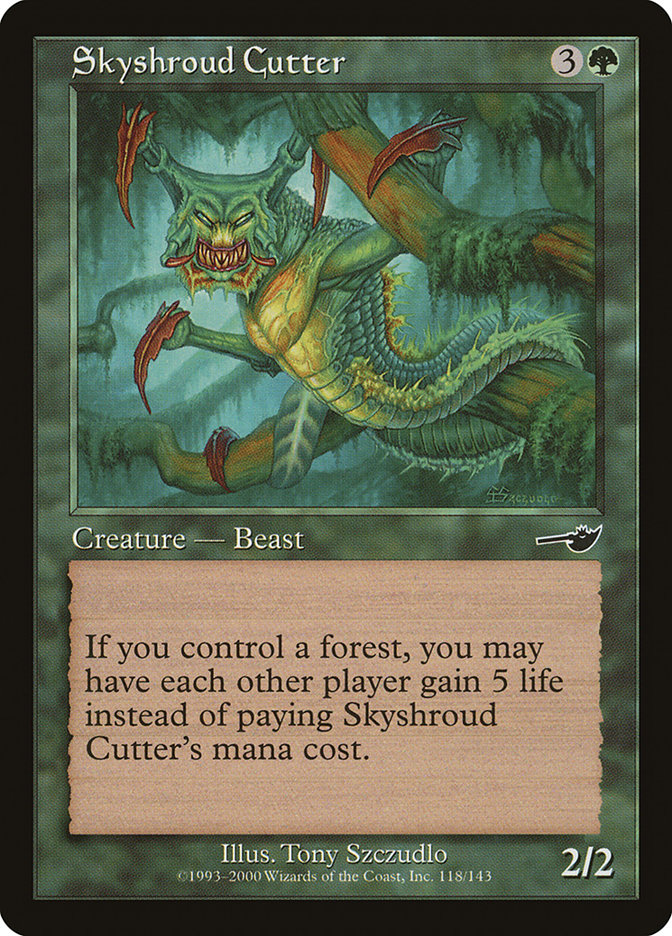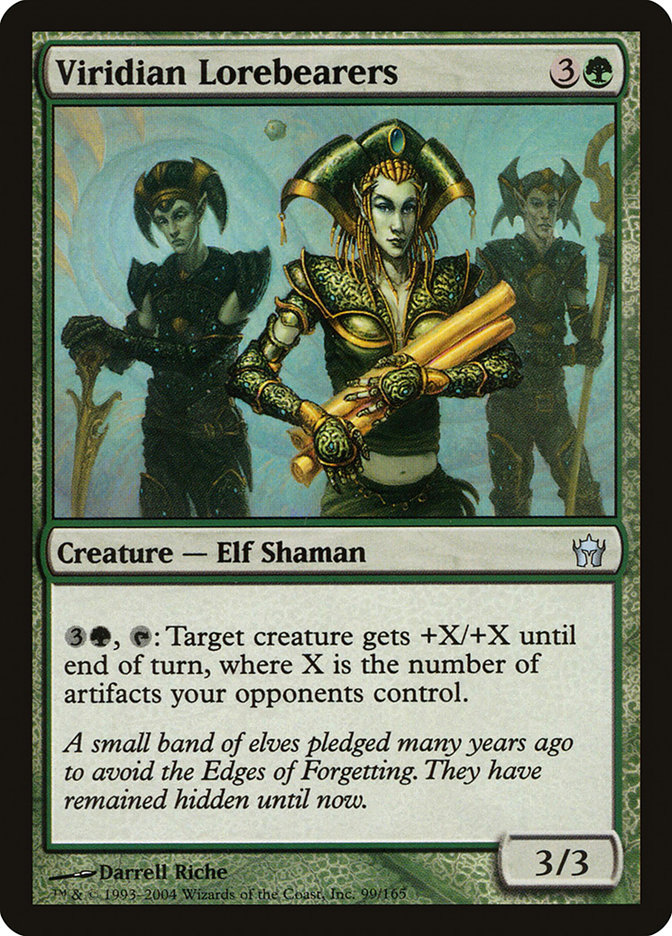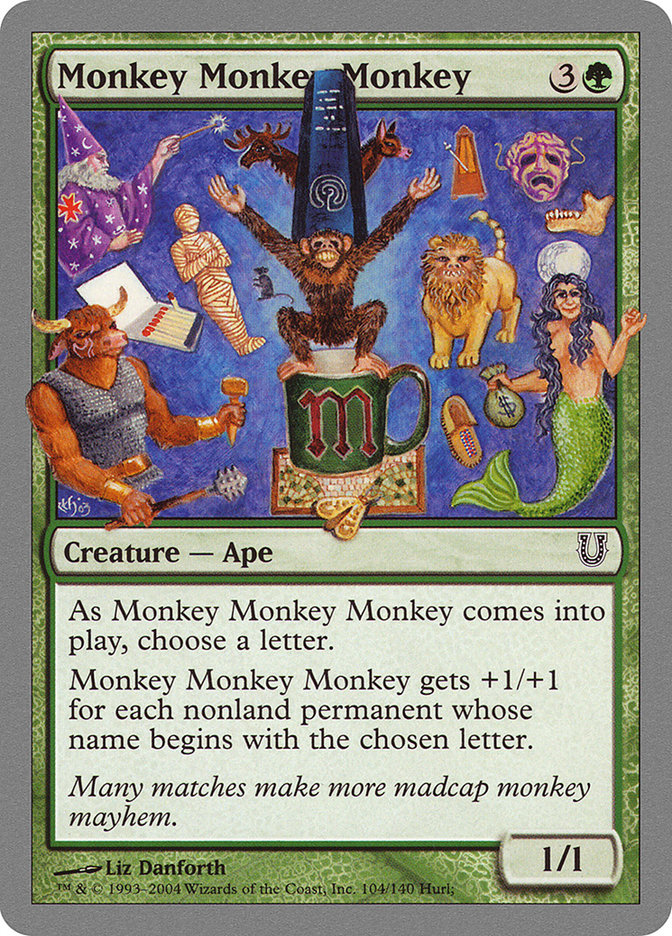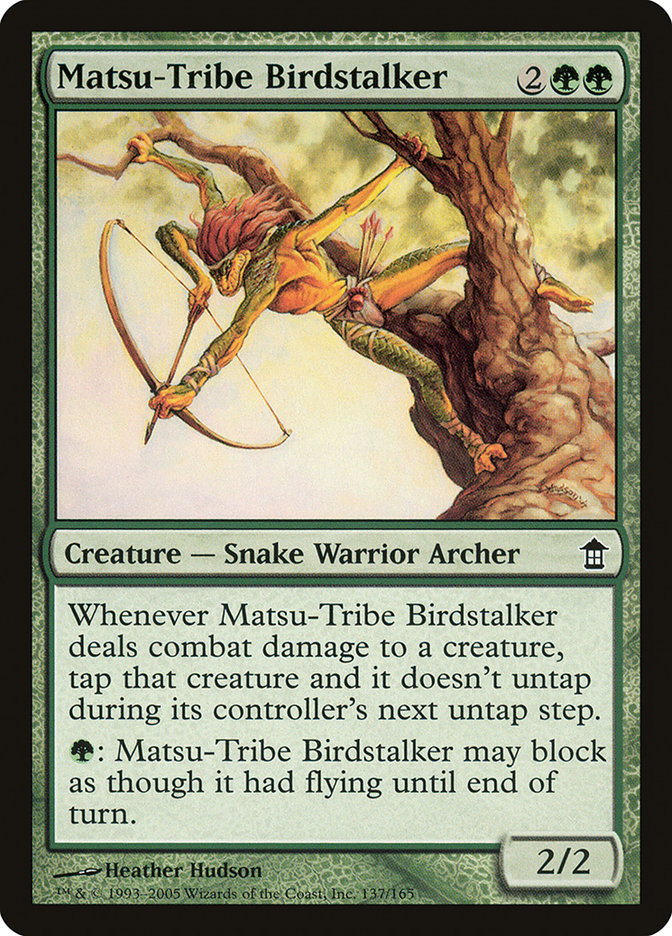Kolvori, God of Kinship // The Ringhart Crest MTG Card
| Card sets | Released in 6 setsSee all |
| Mana cost | |
| Converted mana cost | 4 |
| Rarity | Rare |
| Type | Legendary Creature — God |
| Power | 2 |
| Toughness | 4 |
Text of card
As long as you control three or more legendary creatures, Kolvori gets +4/+2 and has vigilance. , : Look at the top six cards of your library. You may reveal a legendary creature card from among them and put it into your hand. Put the rest on the bottom of your library in a random order.
Similar Cards to Kolvori, God of Kinship
In the pantheon of legendary creatures available to Magic: The Gathering players, Kolvori, God of Kinship stands out for her ability to strengthen the synergies among creature-heavy decks. A comparable card is Tolsimir, Friend to Wolves, which also benefits from having other creatures on the battlefield. Both cards share the green mana color, pivotal in creature-focused strategies, and offer unique advantages when surrounded by your loyal creature allies.
Another card akin to Kolvori is Sisay, Weatherlight Captain, who excels in a deck with a diverse array of legendary creatures and spells. Sisay and Kolvori both celebrate the depth of MTG’s legendary creatures and can act as linchpins in a deck built around their mechanics. Yet, Kolvori specializes more in rewarding you with fewer but more traditionally powerful green creatures, whereas Sisay caters to a multicolored strategy.
To sum up, Kolvori, God of Kinship provides robust support in decks that rely on numerous creatures, particularly of the legendary kind. Despite differences in deck-building philosophies compared with Tolsimir or Sisay, Kolvori’s unique ability to tutor for creatures and her potential as a durable indestructible creature ensures a solid position among similar MTG cards catering to creature-centric strategies.
Cards similar to Kolvori, God of Kinship // The Ringhart Crest by color, type and mana cost
Card Pros
Card Advantage: Kolvori, God of Kinship’s backside, The Ringhart Crest, lets you sift through the top six cards of your library to find a legendary creature card, ensuring you get the valuable piece you need for advancing your game plan. This ability is key for maintaining a full grip of impactful creatures.
Resource Acceleration: Kolvori herself doesn’t directly accelerate your resources in terms of mana. However, her ability to tap and add green mana for each legendary creature you control can turn a board of formidable characters into a source of significant mana, pushing your plays ahead much faster and allowing substantial late-game spells to be cast earlier.
Instant Speed: While Kolvori operates at sorcery speed, her ability to be a flexible play, either as a creature or as The Ringhart Crest artifact, means you can tailor your strategy instantaneously based on the evolving state of the game, effectively optimizing your turn without having to commit to one course of action too soon.
Card Cons
Discard Requirement: One deterring factor for including Kolvori, God of Kinship in your deck could be the demanding setup to leverage her full potential. To activate her abilities efficiently, you often need to maintain a hand filled with creature cards, and when faced with discard effects from an opponent, it can disrupt your game plan significantly.
Specific Mana Cost: Kolvori requires a specific mana alignment – two green and two generic mana. This can be restrictive since it demands a solid green mana base, which means deck builders will need to carefully consider their land composition, potentially complicating the inclusion of other color cards or strategies.
Comparatively High Mana Cost: With a casting cost of four mana, Kolvori might fall behind on the efficiency curve. In competitive play, where mana efficiency can often dictate the pace and outcome of matches, deploying Kolvori might not always be the optimal turn four play, especially when other cards could provide more immediate impact on the board state.
Reasons to Include Kolvori, God of Kinship in Your Collection
Versatility: Kolvori, God of Kinship offers a two-sided modal framework, allowing players to choose between a powerful legendary creature or The Ringhart Crest, a legendary artifact, depending on in-game needs. This flexibility makes Kolvori a valuable addition to various decks, excelling in those that are creature-heavy or focused on legendary synergies.
Combo Potential: Kolvori’s ability to dig for legendary creatures pairs well with strategies that capitalize on legendary permanents. When flipped to its artifact side, The Ringhart Crest can tap for mana to cast legendary spells, opening up avenues to execute potent combos or summon impactful creatures ahead of curve.
Meta-Relevance: In a game that often features decks built around powerful legendary creatures, Kolvori, God of Kinship can become a noteworthy player. Its ability to keep your hand stocked with impactful cards is crucial in outlasting opponents, particularly in a meta that values sustained board presence and card advantage.
How to beat
Kolvori, God of Kinship is a legendary card that strengthens the solidarity among creature-heavy decks in Magic: The Gathering by accentuating bonded kinship, a fundamental aspect in the green-aligned playstyle. Its power lies in its ability to dig through your deck for creatures and its potential to become a formidable creature itself. However, to counter Kolvori, consider employing targeted removal spells that bypass its indestructibility or exile it directly from the battlefield.
Evasion tactics can prove to be effective as well. Flying creatures or those with unblockable qualities can soar over or slip by Kolvori and her kin undetected. Control decks that limit creature plays can stifle Kolvori’s advantage by restricting the very creatures that empower it. Furthermore, board wipes are a robust answer, clearing the field and neutralizing the swarm of creatures that could be buffed by Kolvori’s presence, making her less of a threat.
To sum up, when facing a deck built around Kolvori, God of Kinship, maintaining a balance of creature control and board management is key. Whether through targeted removal or strategic board wipes, ensure your strategy can adapt to overcome the kinship Kolvori seeks to establish.
Where to buy
If you're looking to purchase Kolvori, God of Kinship // The Ringhart Crest MTG card by a specific set like Magic Online Promos and Kaldheim, there are several reliable options to consider. One of the primary sources is your local game store, where you can often find booster packs, individual cards, and preconstructed decks from current and some past sets. They often offer the added benefit of a community where you can trade with other players.
For a broader inventory, particularly of older sets, online marketplaces like TCGPlayer, Card Kingdom and Card Market offer extensive selections and allow you to search for cards from specific sets. Larger e-commerce platforms like eBay and Amazon also have listings from various sellers, which can be a good place to look for sealed product and rare finds.
Additionally, Magic’s official site often has a store locator and retailer lists for finding Wizards of the Coast licensed products. Remember to check for authenticity and the condition of the cards when purchasing, especially from individual sellers on larger marketplaces.
Below is a list of some store websites where you can buy the Kolvori, God of Kinship // The Ringhart Crest and other MTG cards:
 BUY NOW
BUY NOW BurnMana is an official partner of TCGPlayer
- eBay
- Card Kingdom
- Card Market
- Star City Games
- CoolStuffInc
- MTG Mint Card
- Hareruya
- Troll and Toad
- ABU Games
- Card Hoarder Magic Online
- MTGO Traders Magic Online
See MTG Products
Printings
The Kolvori, God of Kinship // The Ringhart Crest Magic the Gathering card was released in 5 different sets between 2021-02-05 and 2023-05-08. Illustrated by 2 different artists.
| # | Released | Name | Code | Symbol | Number | Frame | Layout | Border | Artist |
|---|---|---|---|---|---|---|---|---|---|
| 1 | Magic Online Promos | PRM | 88348 | 2015 | Modal DFC | Black | Dibujante Nocturno | ||
| 2 | 2021-02-05 | Kaldheim | KHM | 181 | 2015 | Modal DFC | Black | Grzegorz Rutkowski | |
| 3 | 2021-02-05 | Kaldheim | KHM | 318 | 2015 | Modal DFC | Black | Dibujante Nocturno | |
| 4 | 2021-02-05 | Kaldheim Promos | PKHM | 181s | 2015 | Modal DFC | Black | Grzegorz Rutkowski | |
| 5 | Kaldheim Art Series | AKHM | 48 | 2015 | Art series | Borderless | Grzegorz Rutkowski | ||
| 6 | 2023-05-08 | From Cute to Brute | PCTB | 32 | 2015 | Modal DFC | Black | Grzegorz Rutkowski |
Legalities
Magic the Gathering formats where Kolvori, God of Kinship // The Ringhart Crest has restrictions
| Format | Legality |
|---|---|
| Historicbrawl | Legal |
| Historic | Legal |
| Legacy | Legal |
| Oathbreaker | Legal |
| Gladiator | Legal |
| Pioneer | Legal |
| Commander | Legal |
| Modern | Legal |
| Vintage | Legal |
| Duel | Legal |
| Explorer | Legal |
| Penny | Legal |
| Timeless | Legal |
Rules and information
The reference guide for Magic: The Gathering Kolvori, God of Kinship // The Ringhart Crest card rulings provides official rulings, any errata issued, as well as a record of all the functional modifications that have occurred.
| Date | Text |
|---|---|
| 2021-02-05 | A modal double-faced card can’t be transformed or be put onto the battlefield transformed. Ignore any instruction to transform a modal double-faced card or to put one onto the battlefield transformed. |
| 2021-02-05 | Because damage remains marked on creatures until the damage is removed as the turn ends, nonlethal damage dealt to Kolvori may become lethal if you controlled three or more legendary creatures and some of them leave the battlefield that turn. |
| 2021-02-05 | For The Ringhart Crest’s first ability, you must choose an existing creature type, such as Fungus or Archer. You can’t choose card types (e.g., artifact) or supertypes (e.g., snow). |
| 2021-02-05 | If The Ringhart Crest is somehow on the battlefield with no choice of creature type, the mana produced by its activated ability can still be spent to cast a legendary creature spell. |
| 2021-02-05 | If an effect allows you to play a land or cast a spell from among a group of cards, you may play or cast a modal double-faced card with any face that fits the criteria of that effect. |
| 2021-02-05 | If an effect allows you to play a specific modal double-faced card, you may cast it as a spell or play it as a land, as determined by which face you choose to play. If an effect allows you to cast (rather than “play”) a specific modal double-faced card, you can’t play it as a land. |
| 2021-02-05 | If an effect instructs a player to choose a card name, the name of either face may be chosen. If that effect or a linked ability refers to a spell with the chosen name being cast and/or a land with the chosen name being played, it considers only the chosen name, not the other face’s name. |
| 2021-02-05 | If an effect puts a double-faced card onto the battlefield, it enters with its front face up. If that front face can’t be put onto the battlefield, it doesn’t enter the battlefield. |
| 2021-02-05 | In the Commander variant, a double-faced card’s color identity is determined by the mana costs and mana symbols in the rules text of both faces combined. If either face has a color indicator or basic land type, those are also considered. |
| 2021-02-05 | The converted mana cost of a modal double-faced card is based on the characteristics of the face that’s being considered. On the stack and battlefield, consider whichever face is up. In all other zones, consider only the front face. This is different than how the converted mana cost of a transforming double-faced card is determined. |
| 2021-02-05 | There is a single triangle icon in the top left corner of the front face. There is a double triangle icon in the top left corner of the back face. |
| 2021-02-05 | To determine whether it is legal to play a modal double-faced card, consider only the characteristics of the face you’re playing and ignore the other face’s characteristics. |
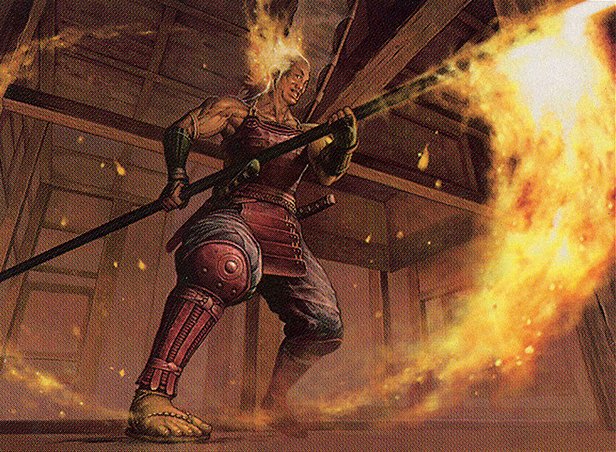
Guide to Vigilance card ability
In the strategic universe of Magic: The Gathering (MTG), the vigilance ability stands out as a powerful tool for players. This potent keyword allows creatures to attack without tapping, keeping them ready and alert to defend against incoming threats. It represents a perfect balance between aggression and defense, offering a dynamic approach to gameplay. Lets dive deeper into how vigilance shapes the battlefield.
